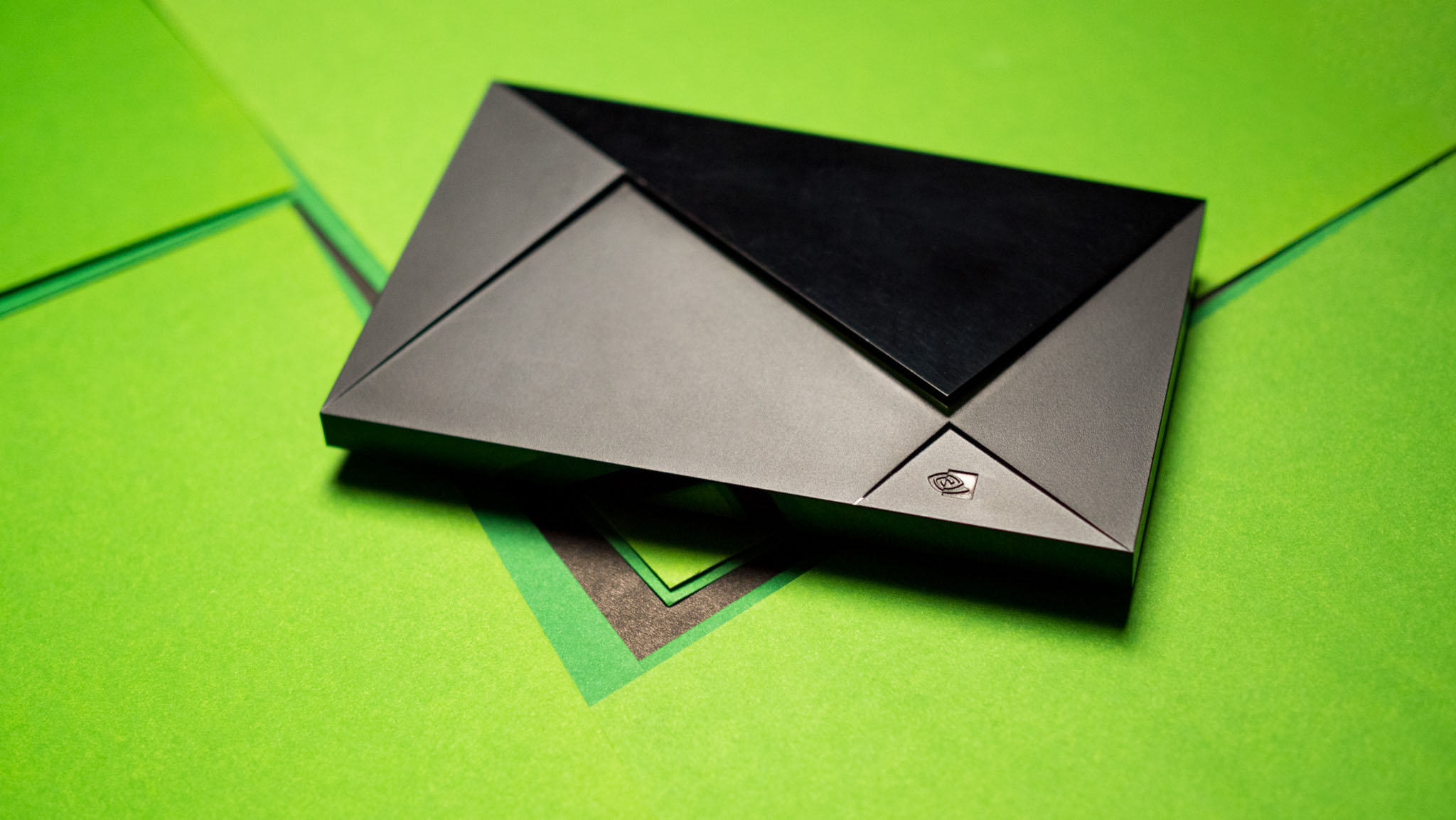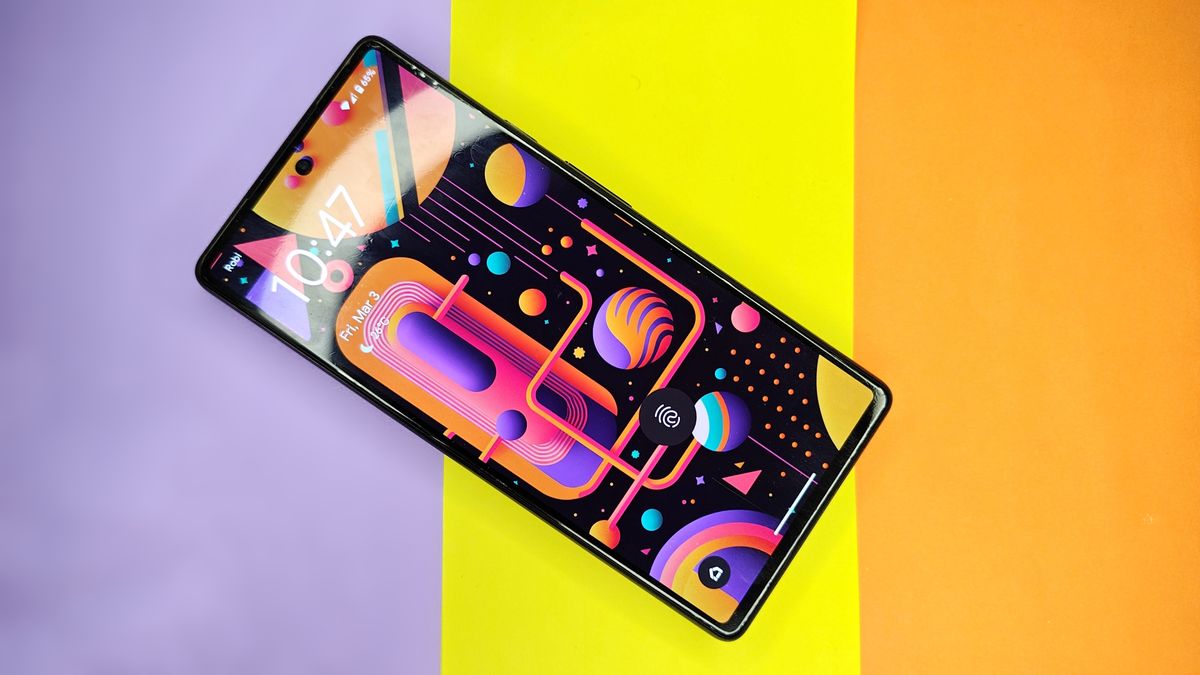Google has added two more years of software support to the Pixel 6 series, the Pixel 7 series, and the original Pixel Fold. That’s fantastic news for anyone using these phones; since they use a Google-designed Tensor chip, it’s what should have been promised all along.
It says a bit more about Android’s immediate future, even if it doesn’t spell it out: don’t expect the next killer feature(s) to be part of Android.
You’re right if you’re thinking that Google hasn’t said anything about Android 17 yet and really hasn’t told us much about Android 16. but it doesn’t need to because we now know that whatever it is, the Pixel 6 will (hopefully) be able to run it.
The Pixel 6 wasn’t a bad phone, but let’s be honest — its Tensor chip isn’t a powerhouse, and having “only” 8GB of RAM means it’s missing many on-device AI features. It was built before Pixel phones needed chips that could process AI even faster and the memory to power the features that came along with it. We quickly saw that just one year later.
Here’s the thing — none of that, or any of Google’s AI magic, is part of Android. It’s all proprietary Google property that it releases to select devices as it sees fit. Android has been like this for a while, with Google holding back many of the features you think come with it and deciding which phones from which companies can have them. If you ever get your hands on a device that runs the free and open version of Android, you’ll easily see how it is lacking.
I like to call this the Pixel paywall. Google shows us a new feature, spends 30 minutes on a stage to tell us how great it is and why we should want it, then says you only get it if you buy a new Pixel phone.
This isn’t nothing new; every other tech company does the same thing. The difference is other tech companies don’t offer a “free” operating system that powers billions of smartphones.
We’re going to see this again with Android 16 when Google debuts a new Pixel phone. All of the new features are going to be Google’s own and not freely available as part of Android, and a handful of them will only be available for the Pixel 10. Don’t expect many (or any) of them for your Pixel 6. You won’t be disappointed that way.
There’s nothing wrong with this. I don’t like it, and I know other people who feel the same way, but nobody should expect a for-profit company to turn over its best software features or the secret algorithms that power them as free software, no matter how restrictive the licensing is. Google is doing what we should expect it to do.
Future versions of Android will have plenty of other changes under the hood, and those can be very important, especially in terms of stability, security, and privacy. Many of those “API changes” that don’t get much press do just that and are 100% necessary and important.

Things like camera tricks or fancy AI-powered home screen features are separate, the same way Samsung’s are for Samsung phones or Apple’s are for iPhones. Google realizes their value and knows it will entice a few people enough to buy a new Pixel phone even though their Pixel 6 is still supported and does everything it did when it was new and more.
It’s still great that Google realizes it has an obligation (yes, I said obligation) to support Tensor-powered devices as long as possible. Nvidia can tell them a thing or two about how having control over the brains of an Android device means you can support it for a decade. Or longer.

